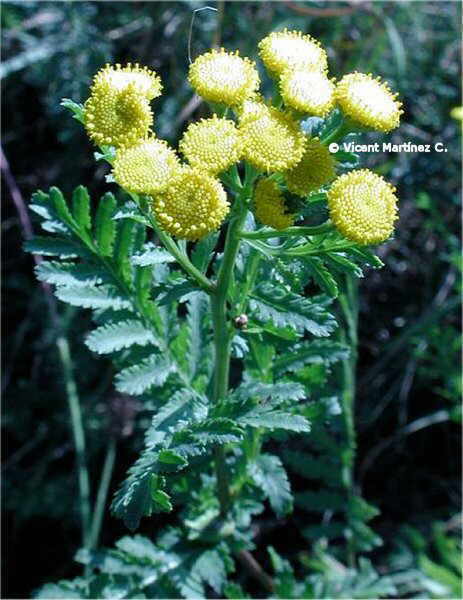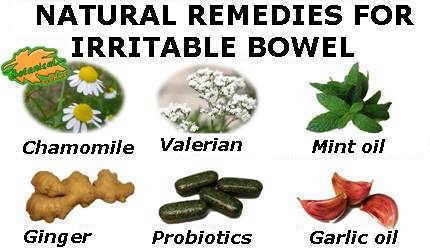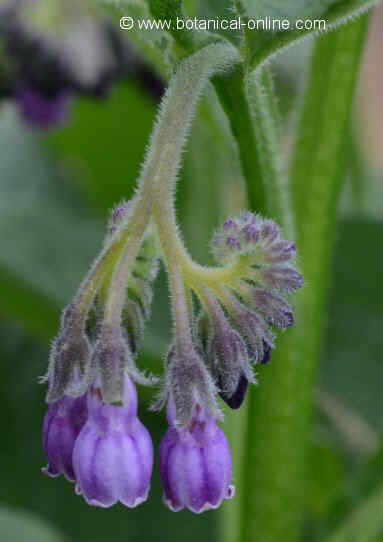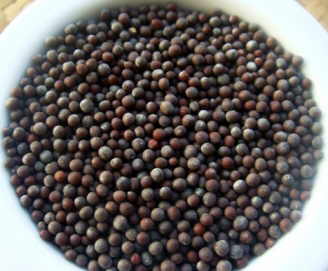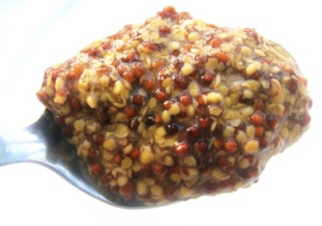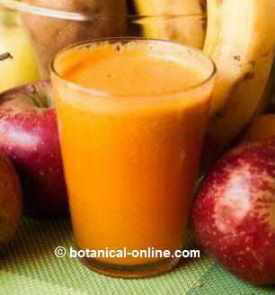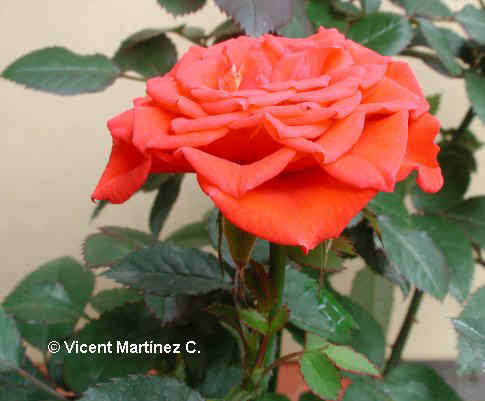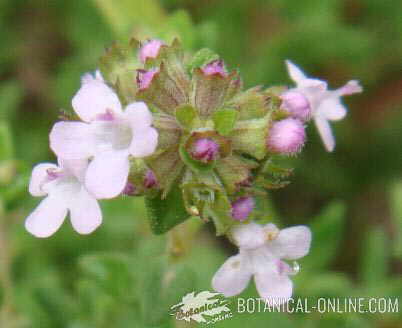Contents
DANGERS OF NETTLES
Is nettle a toxic plant?
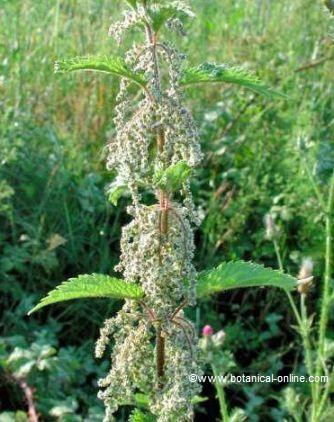
No, nettle (Urtica dioica) is not a toxic plant. However, the whole plant is covered with stinging hairs that can cause skin lesions.
Nettle should be taken dry or cooked: in this way, it loses its stinging principles, because it is a plant native to soils rich in nitrogen, it tends to concentrate nitrates in the leaves. Do not eat to much or too often because it can have adverse effects.
* Learn about Side Effects of nettles the listing below.
What are nettle components?
- Mucilage
- Lecithin
- Histamine
- Serotonin
- Acetylcholine
- Betaine
- Vitamin C, beta carotene, vitamin K
- Minerals: iron, potassium
- Caffeic acid, formic, silicic, citric, fumaric, quinic acid, oxalic
- Flavonoids: kaempferol, quercetin
- Lignans
- Coumarins
- Tannins (plant, especially the root)
Nettle dosage
- Dry leaves: 8 to 12g. of leaves per day.
Dangerous principles and risks of nettle
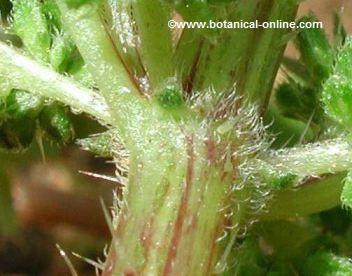
The first danger to mention for this plant is due to its stinging properties, when contact occurs with skin. Fresh nettle should be collected and handled with gloves to prevent its stinging hairs irritate our skin.
The hairs lining the nettle contain tiny vesicles with irritant juice as a natural plant defense. This liquid contains formic acid (poison that causes burning and itching), histamine, serotonin and acetylcholine.
Side effects can be dermatitis, blisters or vesicles.
Internal use of nettle
Internal use of nettle always carries a pre-cooking. Once stewed or cooked, nettles lose their stinging acid and are not stinging, so they are a safe and nutritious vegetable.
The drying process also takes away the hot component: nettle salt preparations and nettle leaves infusion neither have stinging effect.
It is recommended to use only young leaves, as some specialists report that older leaves of the plant develop cystoliths, irritant to the kidneys.
Highly charged infusions of nettle can cause digestive problems such as heartburn, stomach ache and even diarrhea.
Is it good to eat nettles?
Nettle is used in food as an edible wild plant. Nettles can be eaten. However, one should not abuse this plant because it can cause stomach pains.
It is a plant of the Urticaceae family, that grows in areas rich in organic waste, with lot of nitrogen. Nettle tends to accumulate in their tissues large amounts of nitrates, so that, if taken too often, may be harmful.
In some cases, the consumption of nettles can produce skin reactions and urination problems.
The seeds are very toxic and irritating for the digestive system, so they should not be ingested.
Pregnancy and lactation
- Nettle is a plant known as abortifacient and emmenagogue. Animal studies have shown to have uterine stimulant action. It is Not recommended for use in pregnancy, but it may be taken with caution during lactation.
* More information: Plants and pregnancy.
![]() More information about nettle.
More information about nettle.

